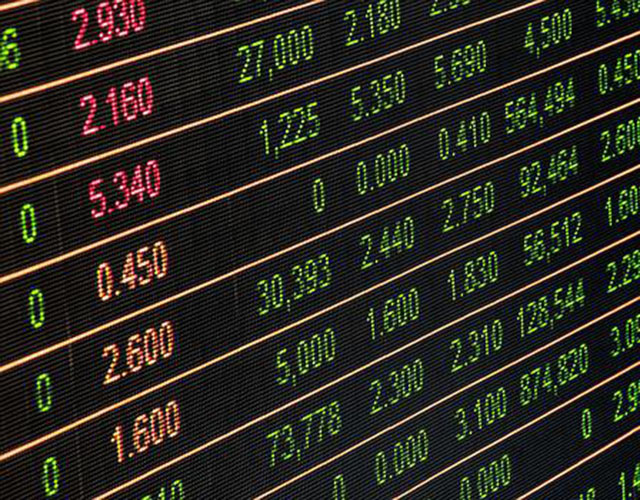Lilongwe – Malawi on Thursday announced a 25% devaluation of its currency in a bid to shore up dwindling foreign exchange reserves and curb inflation.
The declaration was made as government launched recovery package talks with the International Monetary Fund.
The central bank said in a statement that the currency depreciation – the highest in a decade – would come into effect on Friday.
The last time the country saw a major currency devaluation was in 2012 when the Malawian kwacha was devalued by 33%.
The southern African country has for the past six months been experiencing serious forex shortages.
ALSO READ | As tobacco burns out, Malawi looks to cannabis
The bank explained the Covid-19 pandemic had seen a drop in export earnings, and import bills had increased due to disruptions in the supply chain and rising commodity prices blamed on the war in Ukraine.
It also cited disruptions caused by the devastation brought by two back-to-back cyclones that hit the country earlier this year.
“The supply-demand imbalance has manifested in the domestic foreign exchange market in a number of ways, including low foreign exchange supply (and) declining official foreign reserves,” the bank said.
Finance Minister Sosten Gwengwe told AFP the government had planned the devaluation move “some time back”.
“We had to do this,” he said. “The central bank was struggling… because of the overvalued Kwacha”.
He said the IMF mission would continue for another three to four weeks.
Malawi’s inflation for April hit 15.7%, triggered by a rise in food and non-food prices.
Follow African Insider on Facebook, Twitter and Instagram
Picture: Pixabay
Source: AFP
For more African news, visit Africaninsider.com


